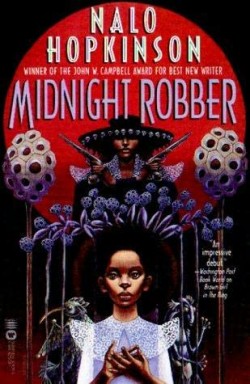There is some evidence suggesting that women look back on their casual sex experiences more negatively than do men. Results of an internet survey of 1743 people conducted by Anne Campbell who researches gender differences from an evolutionary psychology point of view at Durham University were that “eighty per cent of men had overall positive feelings about the experience compared to 54 per cent of women”. The percentages of a similar survey discussed on the Psychology Today site were different, but showed a similar gender disparity: “More men reported that the experiences of hooking up was positive (around 50%), compared to 24% of women. Almost half of all women reported a negative reaction to hooking up.” Yet when you look at other pieces of information that these surveys turned up, a more nuanced image appears. In the comments connected with Campbell’s survey, men’s positive feelings had to do with imagining how impressed their friends would be, and they reported “a greater sense of well being and confidence” after casual sex. Many of the women who felt negatively about their experiences saw themselves as “used” and worried about their reputations. This maps pretty well onto the different ways in which mainstream culture tell men and women to relate to sex. Women are sexual commodities that can either be ‘used’ or cherished and are not primarily sexual agents with thoughts, feelings and desires of their own (female desire does play a bit part in advertising etc, but the desire is not there as part of female experience, but is often a trait that makes the female a more desirable commodity for men).

Nalo Hopkinson creates heroines who are brave and adventurous in every aspect of their lives . . . including their sexuality. Check out her online story "Riding the Red."
The Psychology Today column, though it is dubiously titled “Can Women Enjoy Casual Sex? Should They?” (Should They? WTF!), points this out, noting that whether or not women (though this logically goes for men too) enjoy casual sex has more to do with their moral beliefs and preconceptions than with biology. It also has to do with her social circle. Jean Twenge and Roy Baumeister in The Cultural Suppression of Female Sexuality show that the values of girls’ friends and how often they talk with their mother had much to do with their sexual choices. In their work, girls regularly cited a fear of gossip as a factor in their sexual choices. If this translates well to adult women and their sexual choices, then the Sex Academic is correct when she exhorts women to support each other: “I propose this: support your sisters. If one friend wants to wait until marriage, another doesn’t care about sex and a third gets a rise out of cruising on Craigslist, support them all. Help each other think through personal actions and try to be happy.”
When it comes to casual sex, female support – off and online – could possibily make a big difference in female satisfaction with casual sex. This is kind of a tenous line to draw, but it’s worth considering: Master’s student Guelph placed her survey on a bunch of women’s internet communities that had progressive approaches to dealing with sexuality. Her survey suggested that a majority of respondents who were having casual sex found it to play a positive role in their lives. Might this suggest that women who enjoy female community that is supportive of their choices find themselves able to experience less angst over casual encounters?
Casual sex is not for everybody and even people who have had positive experiences with it might not find it to be what they want at every stage of their lives. However, it does not have to be the emotional ruination that it is often made to be for women. Casual sex can be an adventure – but like all adventures, for it to be a positive one, it has to a conscious one. Only then can you effectively minimize the risk and reap its joys.
